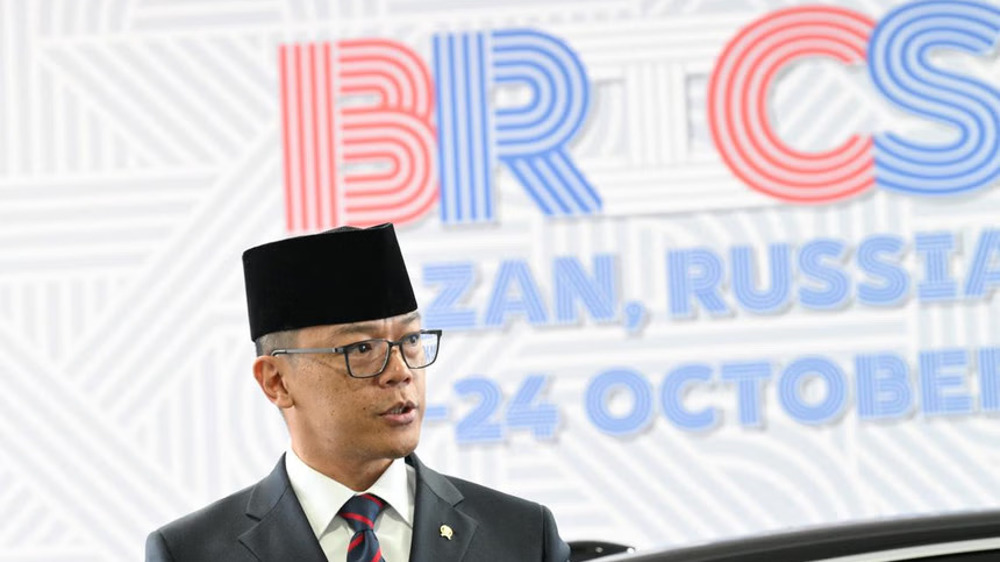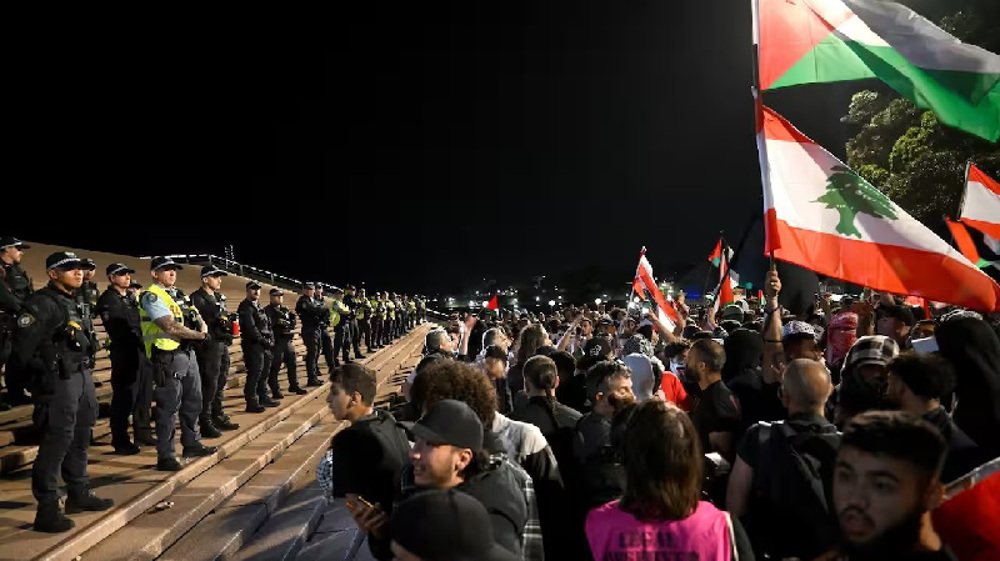Pressure mounts on Myanmar as state crimes against Muslims documented
An international rights group has warned Myanmar that its widespread military crackdown on the Rohingya community may amount to crimes against humanity, as a meeting of ASEAN foreign ministers convenes in the country to discuss means of ending the plight of the ethnic Muslims.
In a report released on Monday, Amnesty International documented a campaign of violence by Myanmar’s security forces against Rohingya since October 9, 2016, when a siege was imposed on the northern Rakhine State, where the Muslims are concentrated.
The 59-page report, named “Myanmar: ‘We are at breaking point’-Rohingya: Persecuted in Myanmar, Neglected in Bangladesh,” has collected numerous accounts of violence against the country’s Muslim Rohingya minority.
‘Callous and systematic’
Soldiers and police have randomly fired on and killed civilians, raped women and girls, torched whole villages, and arbitrarily arrested Rohingya men and given no information about their whereabouts or charges, according to the report.
The military moves, mass murders, lootings and rapes have been a form of collective punishment targeting Rohingya in Rakhine and may amount to crimes against humanity, Amnesty International said.
The rights group has condemned Myanmar for its forces’ systematic crackdown on the Rohingya.
“The Myanmar military has targeted Rohingya civilians in a callous and systematic campaign of violence,” said Rafendi Djamin, the Southeast Asia director for Amnesty International.
“The deplorable actions of the military could be part of a widespread and systematic attack on a civilian population and may amount to crimes against humanity,” he reiterated.
Amnesty’s report came after similar documents by other humanitarian organizations were released, and the United Nations confirmed it was receiving daily reports of rapes and killings of members of the Rohingya community in the country.
“Myanmar’s handling of northern Rakhine is a lesson in how to make a bad situation worse,” UN’s High Commissioner for Human Rights, Zeid Ra’ad al-Hussein, said in Geneva on Friday, adding, “The results have been catastrophic.”
Members of the Rohingya community had already been the target of constant, brutal attacks by majority Buddhists in the country since 2012. A military siege that was imposed on Rakhine in October seems to have added an official, military component to the violence.
Amnesty urged Myanmar to immediately cease all forms of violence against the Rohingya. The group advised the country to grant access to Rakhine so humanitarian organizations and journalists can carry out their duties in the area.
Myanmar’s de facto leader, Aung San Suu Kyi, is chairing a meeting with ASEAN foreign ministers, who are pushing for an end to the violent crackdown on Rohingya Muslims.
Malaysian Foreign Minister Anifah Aman, who was speaking at the meeting of the 10-nation bloc in Yangon said, “The situation is now of a regional concern and should be resolved together.”

Progress in resolving the Rohingya crisis had been “rather slow,” he said, noting the stream of reports about abuses being committed in Rakhine State.
World bodies, including the United Nations (UN), have called on Suu Kyi to fulfill her responsibility in the crisis. Suu Kyi has done little to address the issue. A task force that she ordered to investigate the situation in Rakhine concluded earlier that military forces were acting “within law.”
The siege on Rakhine was launched when unidentified elements staged a deadly raid on a police post. The Myanmarese government blamed the attack on militants whom it said were linked to the Rohingya.

The government denies full citizenship to the members of the Rohingya community despite their long-time presence in Myanmar. Myanmar’s population is mostly comprised of Buddhists. Hundreds of the Muslims have been killed in the violence they have faced since 2012.
The UN says the Rohingyas are one of the most persecuted communities in the world.
Large numbers of them have been displaced to neighboring Bangladesh, where they also face hardships in ramshackle refugee camps.
Araghchi: Iran-Russia strategic deal step toward ‘more just world’
UNRWA unraveled amid Israel's allegations, reduced intl. support
Palestinian journalist, a Sobh Media Festival awardee, killed in Gaza hours before truce
Jan. 15: ‘Axis of Resistance’ operations against Israeli occupation
VIDEO | Fears, hope in Gaza amid intensified ceasefire efforts
VIDEO | Press TV's news headlines
Hamas: Ceasefire agreement result of steadfastness, resistance in Gaza over 15 months
Hamas thanks Iran, Resistance Front following achievement of ceasefire in Gaza














 This makes it easy to access the Press TV website
This makes it easy to access the Press TV website